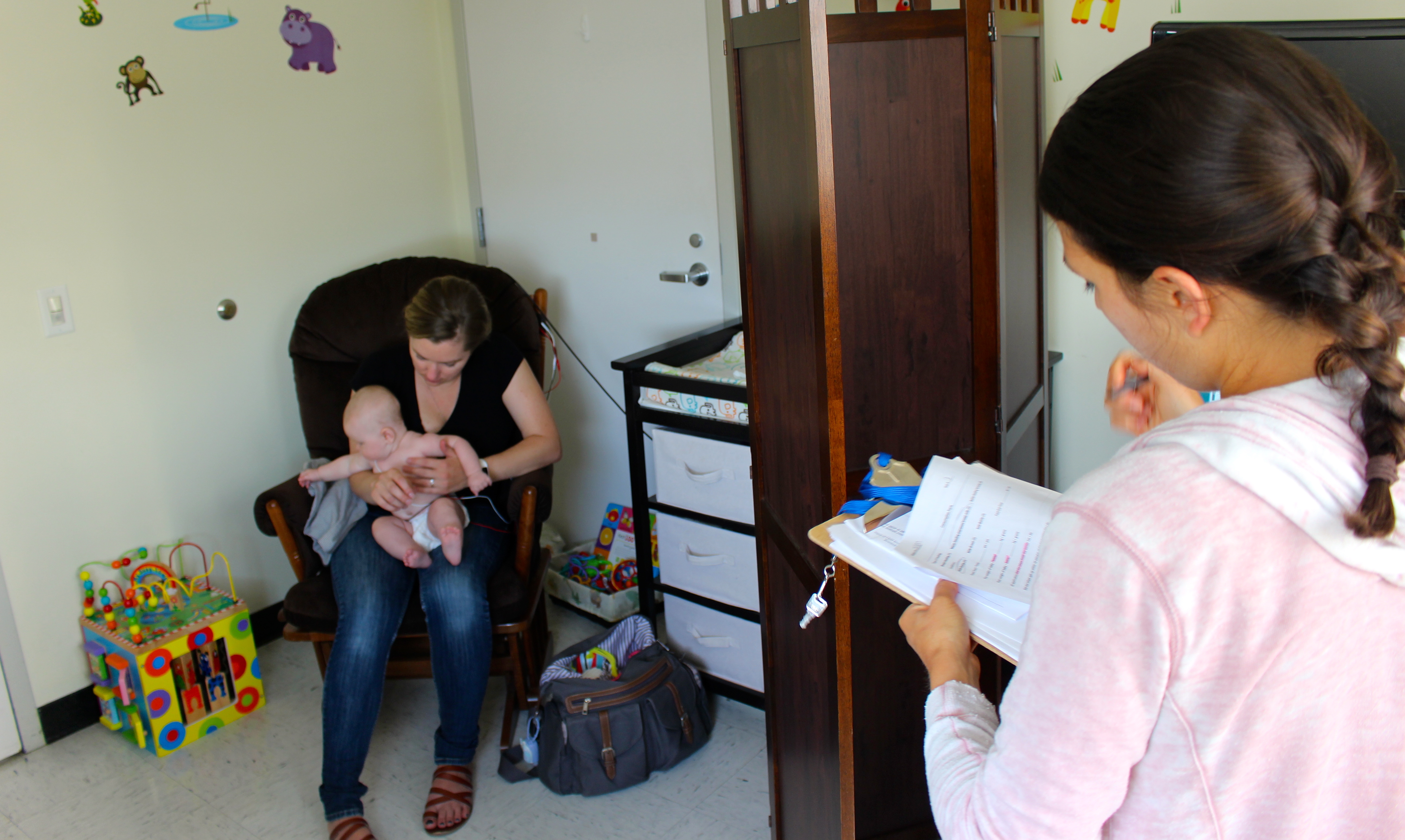Journal of the American Medicine Association Article Reports Successful Weight-Loss Program
 Low-income women who participate in an internet-based weight-loss program in addition to traditional state-sponsored programs are more likely to lose and keep off weight gained during their pregnancies, reducing risk for long-time obesity, according to a study published by STRIDE Director Suzanne Phelan and her colleagues in the Journal of the American Medical Association (JAMA) in June 2017.
Low-income women who participate in an internet-based weight-loss program in addition to traditional state-sponsored programs are more likely to lose and keep off weight gained during their pregnancies, reducing risk for long-time obesity, according to a study published by STRIDE Director Suzanne Phelan and her colleagues in the Journal of the American Medical Association (JAMA) in June 2017.
These findings came out of FIT Moms/Mamas Activas, a federally funded program that examines the effects of an online lifestyle intervention to reduce postpartum weight retention in mothers participating in the Women, Infants and Children (WIC) program. Fit Moms is led by Phelan, kinesiology professor Todd Hagobian, statistics professor Andrew Schaffner, world languages and cultures professor Karen Muñoz-Christian, and collaborators at the University of North Carolina. During this study, 371 low-income postpartum women were randomized into two groups. Participants in the control group received standard care from WIC, and participants in the intervention received this care in addition to an internet-based program. The women in the second group experienced greater weight loss over 12 months than their peers in the control group. Postpartum weight retention can increase a lifetime risk of obesity, and before the study there not many effective interventions for low-income women.
Read more about the findings and their importance in the JAMA article.



